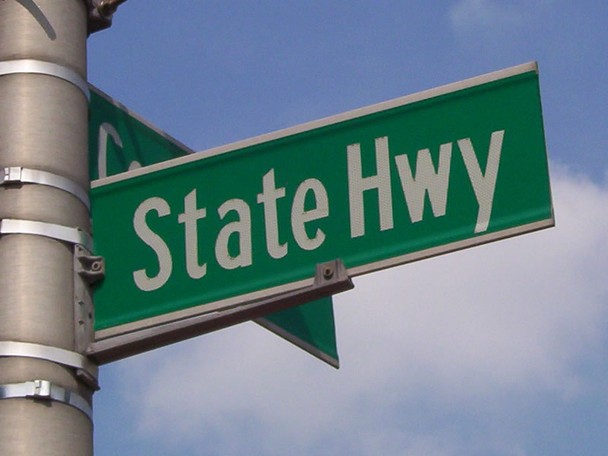


In your opinion, could things get to a point where too many states pursuing their own legislative efforts would be detrimental to possible federal legislation?
The federal government really ought to get this done before any state passes legislation, outside of Nevada, which has already done so. Nevada would prefer an interstate model—not intrastate, so I think it is incumbent upon Congress —if they don’t want a quilt-work of 50 state laws and them being stuck with the enforcement responsibilities—to pass legislation sooner rather than later.
they would welcome federal legislation.
But if other states start passing laws it’s going to start getting more likely that federal legislation would exist simply to determine the regulations associated with interstate compacts. I think it is incumbent upon Congress—If they don’t want a quilt-work of 50 state laws and them being stuck with the enforcement responsibilities—to pass legislation sooner rather than later.
Besides having a less complex system of laws and regulations, are there other advantages of federal legislation over state legislation?
I think federal legislation with an opt-out provision can be immensely advantageous. With an opt-out clause, states would have to take proactive action to choose not to participate. Many states would choose not to opt-out. Obviously Utah wouldn’t participate, but as for the other 49 states, there is a much higher chance of having regulated online poker in these states than if we were to wait for them to pass legislation on their own.
Also, having federal legislation in place is less controversial. The evidence of that is horse racing. Over 30 states have online horse race wagering and it hasn’t been particularly controversial. In addition, federal legislation would mean more liquidity, more competition and lower taxes.
Previously you stated “the federal momentum is driving everything that is happening at the state level.” Are the state efforts also pushing the federal efforts?
We’ve seen that as well and there’s good synergy there. Since the DOJ’s recent opinion on the Wire Act, we have seen a strong push for online gaming legislation at the state level. As a result, the federal government is seeing they aren’t going to have ten more years to study this and ponder. If they don’t pass legislation soon, they are going be meeting to discuss the history of online gaming that the states will have taken control of long ago....the federal government is seeing they aren’t going to have ten more years to study this and ponder. If they don’t pass legislation soon, they are going be meeting to discuss the history of online gaming…
The poker community has done a terrific job here. Many have sent PPA’s prefilled state-level letter to their governors and their state representatives. In fact, most of the online poker letters state lawmakers receive come to them via the PPA system.
Obviously there are companies lobbying at the state level to further their business interests. So we have that lobbying combined with the players’ efforts pushing the state effort forward. At the federal level we have the PPA and industries looking to offer their services nationally pushing at the federal level. So we have both sides moving forward.
Can you envision a scenario where the PPA would focus on state efforts?
We think the best course of action is getting the federal legislators to act is because it’s the best bang for our buck. First, it is expensive to reach out to all 50 states. Going state by state also takes longer to get players into the online poker ecosystem. Some states might start with high rake or having the state lottery run online poker and not allow competition. Also, the smaller states might struggle with having enough liquidity to sustain a healthy competitive market.
So, we think the most beneficial approach is to push the issue on the federal level and let the federal efforts push the state efforts forward because if we lobby at the state level, it will do little to advance the federal effort. Momentum runs downhill, not uphill.
But I could see a situation after this year, into next year, if we haven’t moved forward federally, where we could see more effort pushing forward in key states, and working on a state by state basis on things such as interstate compacts.

